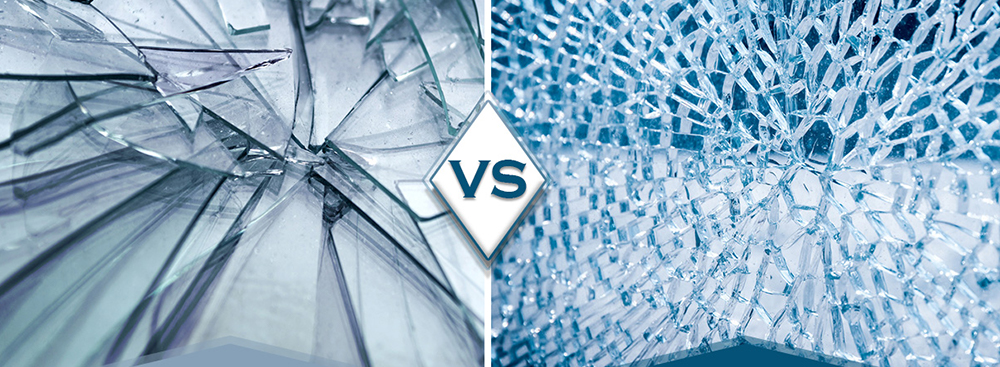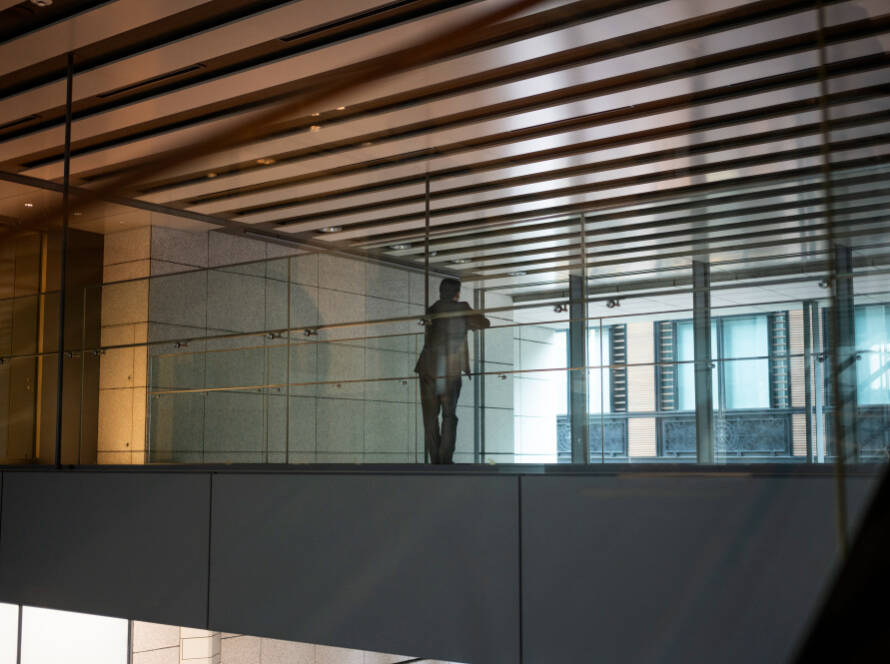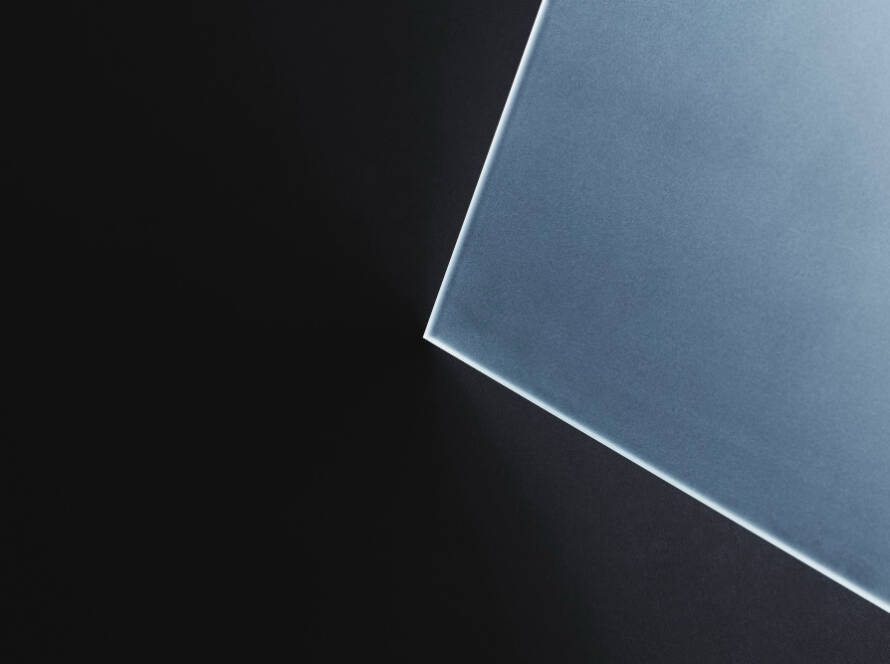Glass is a ubiquitous material in our everyday lives, adorning our windows, doors, and countless other structures. However, not all glass is created equal. When it comes to performance, durability, and safety, toughened glass and ordinary glass stand apart as two distinct entities. In this comprehensive guide, we’ll explore the nuanced differences between these two types of glass, shedding light on their unique properties, manufacturing processes, and applications.
Understanding Toughened Glass and Ordinary Glass
Before diving into the disparities between toughened glass and ordinary glass, it’s essential to grasp the fundamental characteristics of each.
Ordinary Glass:
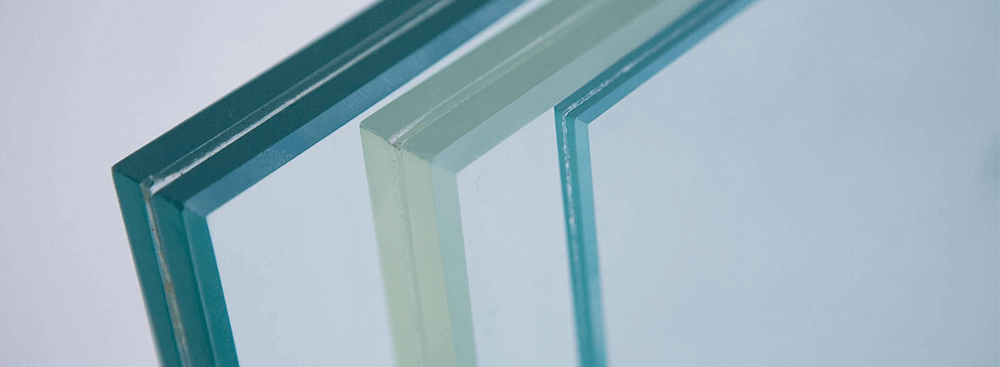
Ordinary glass, also known as annealed glass, is the standard form of glass commonly used in residential and commercial applications. It is produced by heating silica sand, soda ash, and limestone to high temperatures until they melt into a viscous liquid. This liquid is then cooled slowly to allow the glass to anneal, relieving internal stresses and solidifying into its final form.
Toughened Glass:
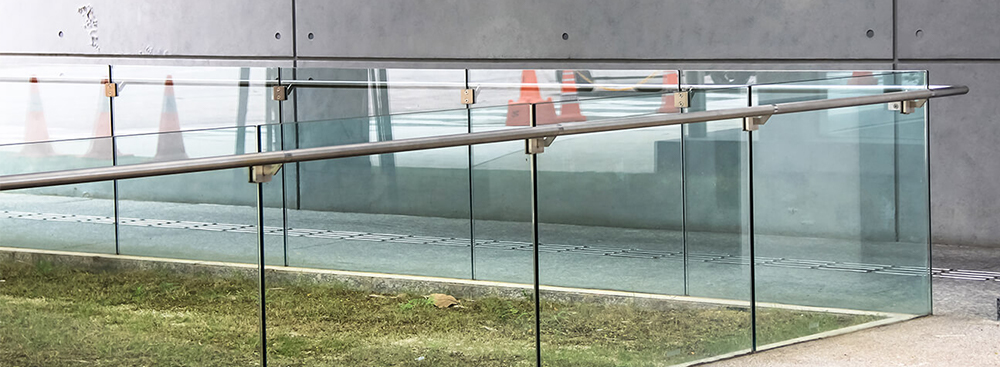
Toughened glass, on the other hand, is a type of safety glass that undergoes a specialized thermal or chemical treatment process to enhance its strength and durability. This process involves heating ordinary glass to high temperatures and then rapidly cooling it, creating internal stresses that give the glass its remarkable strength. Toughened glass is also known as tempered glass, and it is significantly stronger and more resistant to breakage than ordinary glass.
Composition and Structure:
Ordinary Glass:
Ordinary glass, also known as annealed glass, is crafted through the traditional melting and cooling process. It comprises silica sand, soda ash, and limestone, resulting in a smooth and uniform structure.
Toughened Glass:
Toughened glass undergoes a specialized tempering process to enhance its strength and durability. It starts as ordinary glass but undergoes controlled heating and rapid cooling, inducing surface compression and internal tension, which fortifies its structure.
Key Differences in Strength and Durability
The primary distinction between toughened glass and ordinary glass lies in their respective strength and durability.
Strength and Durability:
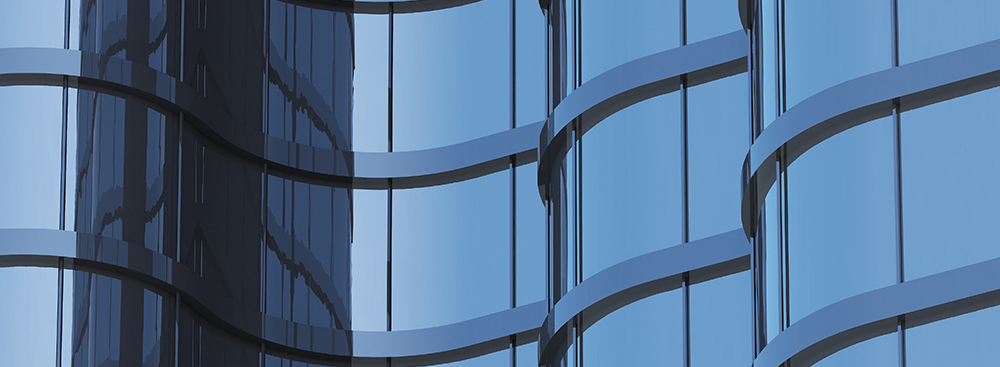
Ordinary Glass: While ordinary glass possesses inherent fragility, it lacks the strength and resilience of toughened glass. It is prone to breaking into sharp and potentially dangerous shards upon impact.
Toughened Glass: Toughened glass boasts superior strength and durability compared to ordinary glass. Its tempering process imbues it with increased resistance to impact, mechanical stress, and thermal fluctuations. When broken, toughened glass fractures into small, blunt pieces, minimizing the risk of injury.
Manufacturing Processes
Another significant difference between toughened glass and ordinary glass lies in their manufacturing processes.
Ordinary Glass Production:
The production of ordinary glass involves melting raw materials such as silica sand, soda ash, and limestone in a furnace at temperatures exceeding 1700 degrees Celsius. The molten glass is then poured into molds or floated on a bed of molten tin to achieve the desired thickness and shape. Once formed, the glass is slowly cooled to room temperature, allowing it to anneal and relieve internal stresses.
Toughened Glass Production:
Toughened glass undergoes additional processing steps beyond the production of ordinary glass. After the glass is formed, it is subjected to a tempering process to enhance its strength and durability. This process typically involves heating the glass to temperatures of around 650 degrees Celsius and then rapidly cooling it using powerful air jets or chemical treatments. The rapid cooling induces internal stresses in the glass, resulting in a stronger, more resilient material.
Applications and Uses
The distinct properties of toughened glass and ordinary glass make them suitable for different applications across various industries.
Ordinary Glass Applications:
Ordinary glass is commonly used in residential and commercial settings for windows, doors, mirrors, and decorative purposes. It is also used in the manufacturing of glassware, such as drinking glasses and vases. While ordinary glass offers clarity and affordability, it lacks the strength and safety features of toughened glass, limiting its suitability for certain applications.
Toughened Glass Applications:
Toughened glass is widely utilized in applications where safety and durability are paramount. It is commonly used in architectural projects, including windows, doors, balustrades, and façades, as well as in automotive applications such as windshields and side windows. Toughened glass is also used in the manufacturing of furniture, display cases, and electronic devices, where its enhanced strength and safety properties are highly valued.
Conclusion: Choosing the Right Glass for Your Needs
In conclusion, toughened glass and ordinary glass are two distinct materials with unique properties and applications. While ordinary glass offers affordability and clarity, toughened glass provides superior strength, durability, and safety features. When selecting glass for a specific application, it’s essential to consider factors such as safety requirements, environmental conditions, and budget constraints. By understanding the differences between toughened glass and ordinary glass, you can make an informed decision that meets your needs and ensures the longevity and performance of your project.
At TPRS Glass, we pride ourselves on offering a diverse range of glass solutions tailored to meet your specific needs. Whether you’re looking for toughened glass for architectural projects, laminated glass for automotive applications, or specialized glass for interior design, we’ve got you covered. Our team of experts is dedicated to providing high-quality products and exceptional service to ensure your complete satisfaction. If you have any questions or need consultation on selecting the right glass solution for your project, don’t hesitate to reach out to us. We’re here to help and are committed to assisting you every step of the way.
Discover the unparalleled strength and safety of TuffSafe Glass by TPRS
With its exceptional durability and resistance to breakage, TuffSafe Glass offers peace of mind in any application.



